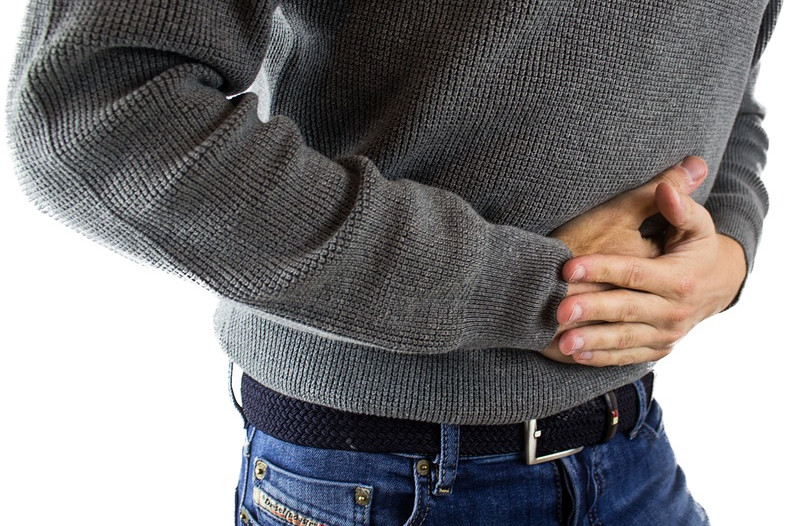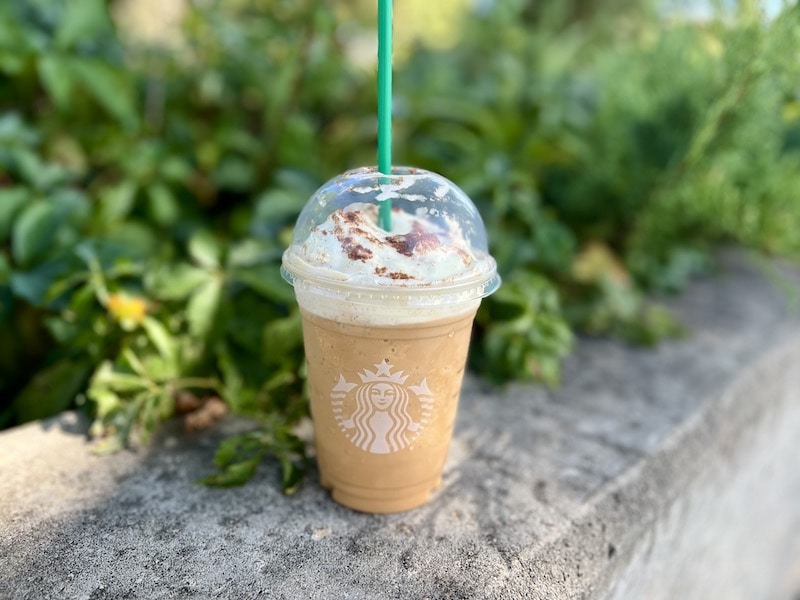
For many people, coffee is an essential part of their morning routine. Many people make coffee the first order of business when they wake up and refuse to take part in the rest of the day before they get their morning cup. If you’re one of these people, you might have heard that drinking coffee on an empty stomach can be harmful and should be avoided, but is it true?
This article covers everything you need to know about drinking coffee on an empty stomach. We will discuss gastrointestinal health, cortisol considerations, and some general tips for drinking coffee safely. Let’s begin.
Coffee on an Empty Stomach: Digestion Issues
The first concern many people have about drinking coffee on an empty stomach is digestion. Coffee is acidic, and some individuals who are sensitive to acidic food and beverages can experience problems from drinking coffee. Irritable bowel syndrome, heartburn, and even more serious conditions like ulcers and acid reflux are sometimes attributed to regular coffee drinking, but what does the science say?
It turns out that most people are not negatively affected by drinking coffee, and drinking coffee on an empty stomach doesn’t make a difference. However, a small percentage of people are negatively affected by coffee and should avoid excessive consumption. Even in those cases, no evidence drinking coffee on an empty stomach contributes to any digestive issues.
Your experience may be different from other people’s, and it’s always best to consult a doctor if you think you have an underlying issue. Limiting the amount of coffee you drink might help. Listening to your body and talking to a medical professional are the best courses of action.
Stress
Cortisol is a hormone in the body that primarily helps regulate your blood pressure and metabolism, among other things. Sometimes cortisol is referred to as the stress hormone because its production is affected by stress levels.

Cortisol has also been shown to be produced after drinking coffee, and some people interpret this to mean drinking coffee can dangerously increase cortisol levels in the body.
Luckily, there is no evidence that cortisol production caused by drinking coffee creates a long-term increase in cortisol levels. Only long-term changes in cortisol production are linked with health problems like diabetes and Alzheimer’s, so the temporary change from drinking a cup of coffee is safe.
What’s more, studies have shown that regular coffee drinkers show a decreased cortisol spike from drinking coffee than new coffee drinkers, suggesting that there is even less to worry about for regular drinkers. In all cases, there is no difference in coffee-stimulated cortisol between drinking coffee on an empty stomach and drinking coffee after a meal.

Other Considerations
There are some common side effects to drinking coffee that need to be addressed, whether you drink coffee first thing in the morning or not. Caffeine is addictive, and drinking too much coffee can create a positive feedback loop. People searching for caffeine’s stimulating effects need to drink increasingly more coffee to experience the same pleasurable reaction as they build up a caffeine tolerance.
Drinking excessive amounts of coffee can also increase anxiety and cause restless sleep. To avoid addiction and other health problems, experts recommend limiting your caffeine intake to about 400 mg per day. A typical cup of coffee has around 100 mg of caffeine, making four cups per day a good upper limit.
Caffeine addiction and caffeine-induced anxiety have no link to drinking coffee on an empty stomach. The only thing that matters is how much caffeine you consume, not whether your stomach is full or empty.
Conclusion
Drinking coffee on an empty stomach isn’t linked with any health problems that aren’t related to drinking coffee in general. Even people with sensitive stomachs aren’t more severely affected by drinking coffee on an empty stomach. Any health issues you may experience from drinking coffee are most likely unrelated to when you drink it.
The bottom line is if you like to make a cup of coffee to start the day, you can continue to do so without worrying about whether you’re damaging your health long-term. If coffee upsets your stomach and causes gastrointestinal issues, consult a doctor. It is unlikely that drinking coffee on an empty stomach is the culprit, but limiting your coffee consumption, in general, may be required if you are one of the unlucky people who are particularly sensitive to coffee or caffeine.
RELATED READS:
- Too Much Caffeine? How to Recover From Coffee Stomach Problems
- How to Fall Asleep After Drinking Coffee (Tips & Tricks)
- Healthy Pumpkin Spice Latte Recipe (With Almond Milk!)
Featured Image Credit: Ketut Subiyanto, Pexels















